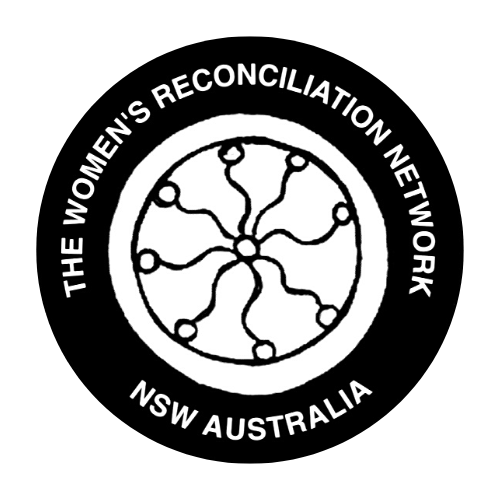Yarning Highlights
- Excerpts from the First Yarnings at the State Library Event, May 1996

Dorothy McCrae McMahon … as we share our stories, let’s respond authentically: sometimes with tears, sometimes with a bit of cheer and sometimes we will honour it with silence- but what we will be doing we will be lifting up the energy that lies here. As I was sitting here I found tears coming to my eyes every couple of minutes simply because we are here together and that’s really strong…
Tjanara Goren-Goreng: I want to sing you a traditional wailing song…
… so I would like you all to close your eyes please{ she sings}. That song is for all who suffered by invasion and all the other laws. My name is Tjanara. I’m a Goren – Goreng Waka Waka and I’m a Murri woman and I teach traditional women’s business and practice women’s business
Remembering that day Elaine Telford, later said of the story telling: ‘it was a montage of stories told from the hearts of the storyteller” interrupted by a wailing song of lament by a Murri woman from Queensland, Tjanara Goreng-Goreng. The song pierced the entire room and not a pin drop could be heard bringing us all “to unimaginable depths within,”
From Dorothy: I learnt a lot in that moment about reconciliation
2. Aunty Ali Golding, WRN Cultural mentor, Social Justice Seminar, Action for World Development, August 1996; reprinted in WRN newsletter, ‘Talking Together’, 1997 An Aboriginal Child’s Life in Purfleet Mission Aunty Ali Golding Hyperlink also to WRN Documentary,
3. Spiritual Journey: Aunty Betty Little (Catholics for Coalition for Justice and Peace National Newsletter, June 1999)
At another Yarning Aunty Betty Little used her Invasion Wheel to explain the layers of loss, grief, trauma of First Nations people
4. Koori woman, Oomera Edwards a founding member of Link-up in NSW at a WRN meeting, 24 February 2000.
Oomera explained that people become part of the country through feeling, not intellect, and that the opening of emotional doors allows for the free movement of knowledge that is locked away. Old knowledge is retained by the land. It is not lost. It must be teased out again, however.
Read closely as Oomera shares various aspects of First Nations cultural practices

